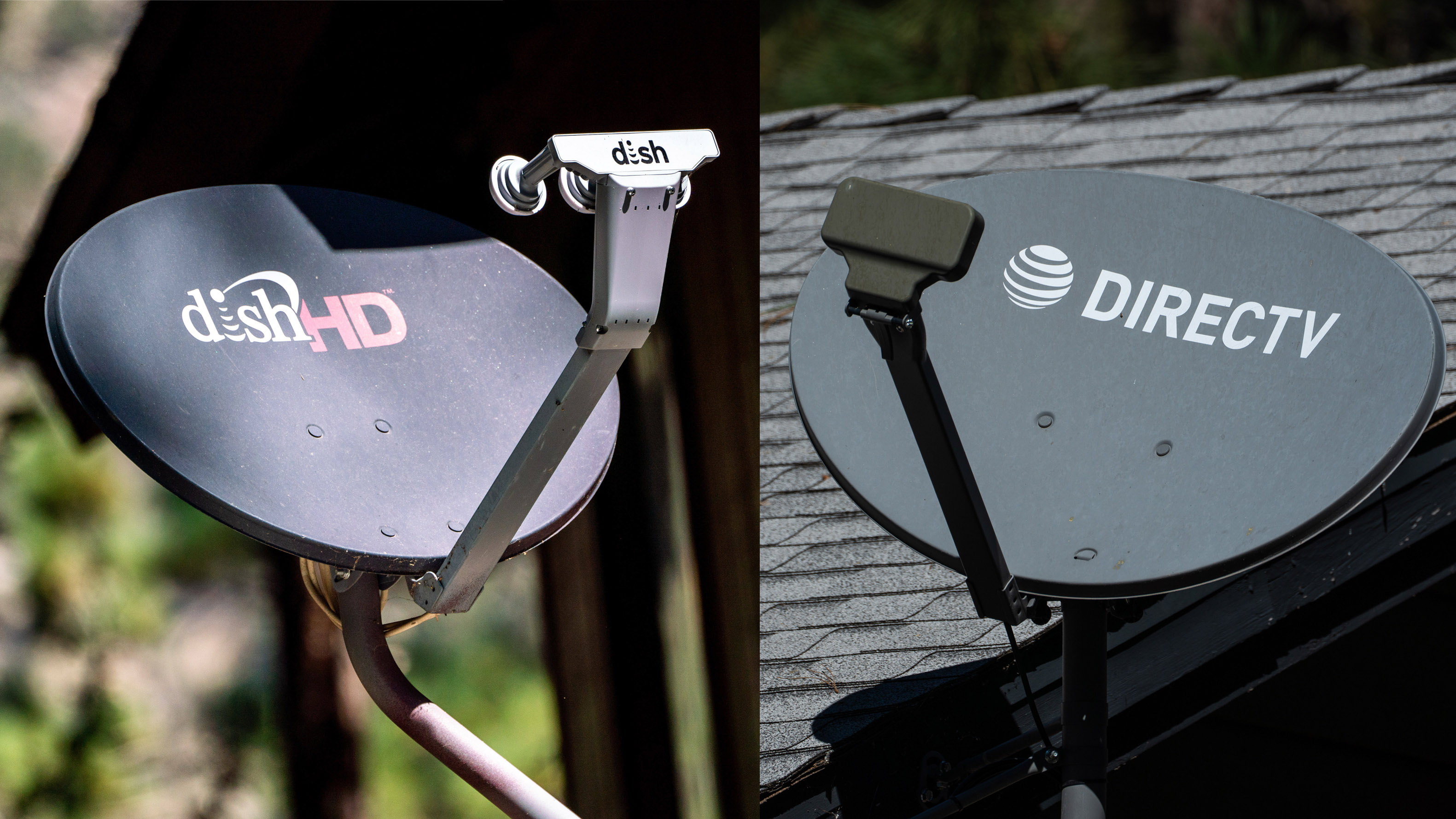DirecTV to Acquire Dish Network in Major Satellite TV Merger
In a landmark decision, DirecTV announced on Monday that it will acquire its longtime competitor, Dish Network, following years of intermittent discussions about a potential merger between the satellite television giants.
Both companies have faced significant challenges in retaining customers as the popularity of streaming services such as Netflix, Hulu, and Amazon Prime Video has surged. With consumers increasingly drawn to the convenience and lower costs of on-demand content, DirecTV and Dish have struggled to justify rising subscription fees, exacerbating the cord-cutting trend that has already impacted the traditional pay-TV market.
The two companies stated that the merger would strengthen competition in the U.S. video industry, which is increasingly dominated by streaming platforms owned by tech giants and large media companies. "The combination of DirecTV and Dish will create a stronger competitive force in a rapidly changing industry," they said in a joint statement.
As part of the deal, DirecTV will acquire Dish from its parent company, EchoStar, for a nominal fee of just $1. However, DirecTV will also assume Dish’s substantial debt obligations, which amount to billions of dollars.
Meanwhile, private equity firm TPG, which acquired a 30% stake in DirecTV in 2021, will now purchase AT&T’s remaining 70% stake in the company. This move comes nearly a decade after AT&T initially bought DirecTV in 2015, only to offload part of the business to TPG a few years later.
The deal's completion is contingent upon Dish bondholders agreeing to terms that reduce its net debt below $1.56 billion. DirecTV expects to finalize these terms in the coming weeks, offering bondholders several options: accept a reduced percentage, take a slightly better offer now, or hold out for a potentially higher return—though this latter choice risks Dish falling into bankruptcy. EchoStar addressed this uncertainty in a press release, announcing a debt exchange offer.
Dish is facing a critical $2 billion debt payment due on November 23. To help meet this obligation, TPG and DirecTV have agreed to provide Dish with a $10 billion loan, which will allow the company to settle the debt by November 24.
According to a DirecTV spokesperson, this merger will give the combined company greater financial stability, enabling it to invest more effectively in its products and services—a development that is likely to benefit content providers such as Disney. The larger entity will also be better positioned to negotiate more competitive programming packages, potentially offering more affordable options for consumers.
For now, the Dish brand will continue to operate as is. DirecTV has no immediate plans to make changes to Dish or its Sling TV service, ensuring that current Dish customers will not be forced to switch over to DirecTV.
The merger will result in a combined customer base of around 20 million, with DirecTV accounting for over half of those subscribers. However, this is still a significant decline from DirecTV's peak of 20.3 million subscribers in 2015, when AT&T first acquired the company.
DirecTV was launched in 1994 by Hughes Electronics, later becoming part of AT&T's portfolio. Dish Network, a subsidiary of EchoStar Corporation, also owns Sling TV and holds valuable wireless spectrum used for mobile communications. Following Monday's announcement, EchoStar's stock saw a sharp decline of more than 10% in morning trading.
A Merger Years in the Making
Speculation about a potential DirecTV-Dish merger has circulated for years. In 2014, reports surfaced that Dish's then-chairman, Charlie Ergen, had approached DirecTV's former CEO, Mike White, about a possible deal.
However, this wasn't the first attempt to combine the two companies. In 2002, a proposed $19 billion merger was blocked by U.S. regulators due to concerns about reduced competition. As part of that failed deal, EchoStar had to pay a $600 million breakup fee to Hughes, which was owned by General Motors at the time.
Monday's agreement offers both companies a path forward: DirecTV can reduce its operational costs, while EchoStar gains a way to manage its mounting debt. The merger also solidifies their position in the increasingly competitive pay-TV and streaming landscape.
Regulatory concerns over satellite TV mergers stem from a time when such companies were the primary service providers for suburban and rural areas, where cable infrastructure was too costly to implement. However, with the widespread availability of broadband services in these regions, the competitive impact of satellite mergers is less of a concern today.

